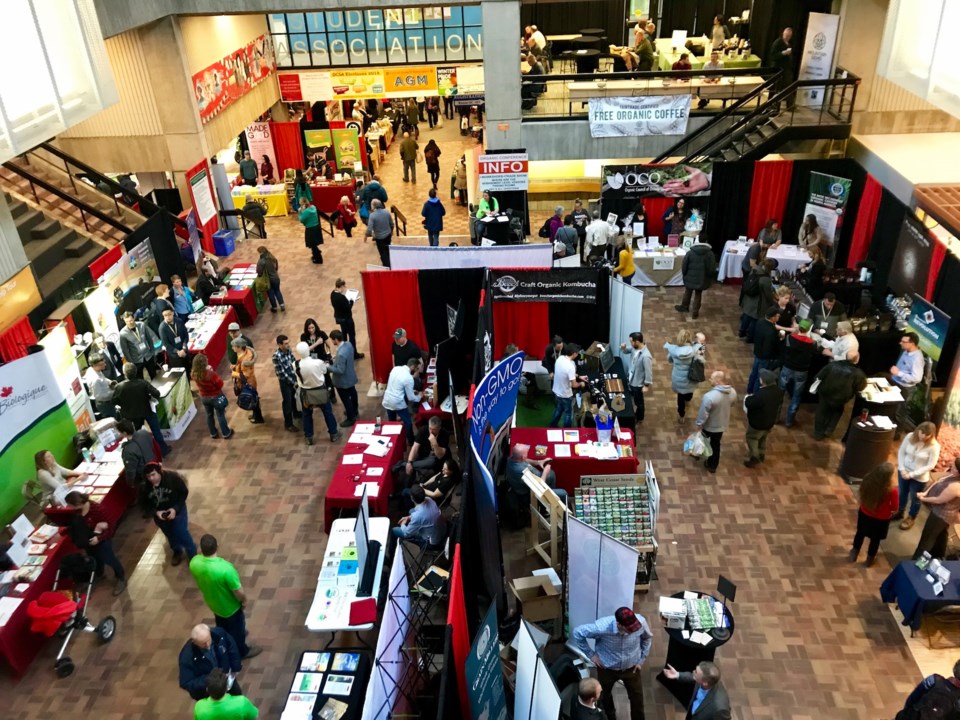With the growing threat of climate change and severe weather events, the 2022 Guelph Organic Conference will share ideas on how farmers and residents can support a more sustainable food system.
Organized within the community for over 30 years, the Guelph Organic Conference will be held online from Jan. 24 to 28. This year, the conference is also collaborating with the Organic Council of Ontario for the theme of organic climate solutions, and expert-led sessions will cover topics like regenerative agricultural practices, reducing farm and food waste, alternative packaging and more. The event will end with a virtual trade show that will run from 2 p.m. to 4 p.m.
Stuart Oke, program manager for the OCO, said they hope to make the connection between food production and the climate crisis in participants' minds.
“We’re going to be exploring the ways in which organic agriculture and the climate crisis intersect, and how organic producers and operators are already part of the solution to the climate crisis and how we can improve our businesses, our farms from an organic standpoint," said Oke.
“From an agricultural standpoint, it’s clear that the climate is quickly becoming, or is already, one of the biggest risk factors in producing food today and that we really need to understand how to mitigate some of the risks of the climate crisis that we’re in, as producers."
By focusing on climate change, Oke mentions the conference highlights the ways in which organic farming is already taking steps to incorporate sustainability, like cover cropping and integrating a diversity of species into farming.
Within Wellington County, there are many organic food producers.
“So many of the practices, which we know have a positive benefit for the environment and the climate, are hardwired into the Canadian Organic Standards,” said Oke, “and so what it means, is that a lot of our organic producers are already doing a lot of good in integrating these practices."
Another aspect the conference will look at is labour shortages. Oke explains organic farming uses more labourers for production than other sectors within the agricultural industry.
“We’re going to be exploring some of the challenges and also some of the solutions," he said about that topic.
The information at this event is not only beneficial for organic farmers, but also for residents. Throughout the pandemic and climate crisis, Oke said there has been a boom in demand for local food, with people thinking more critically about where their food is coming from and what goes into producing it. In Guelph and Wellington County, Oke adds organic producers can be found at local farmers markets, or online here.
“In that way, I think that’s been positive, if there’s any positive, I think it’s that people are thinking more about where their food is coming from and how their food is produced, which is an important part about food sustainability," said Oke.
“We really want to leave people with the idea that there’s lots we can do as farmers and also as consumers to support a food system, which can be more resilient than the one that we currently have.”
Those interested in attending the conference can register for free at guelphorganicconf.ca.



